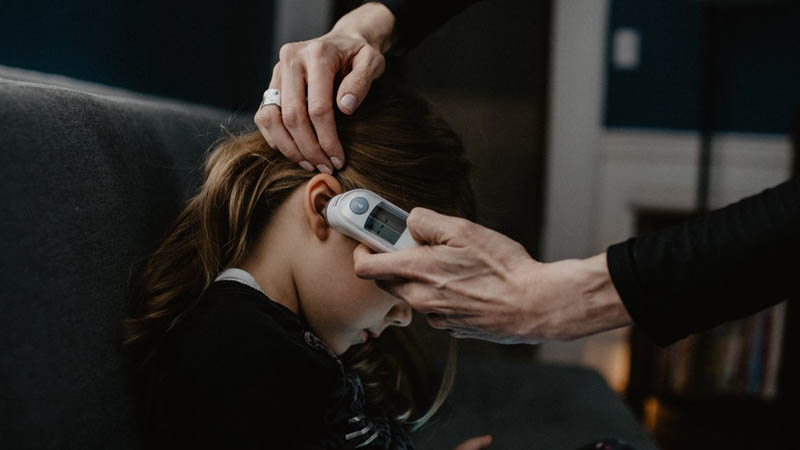In the United States, 90 children have died as a result of COVID-19. With many states reopening schools soon, parents are worried for the safety and well-being of their kids. Some people think that children experience milder COVID-19 symptoms, but just how true are these claims?
In the past four weeks, there has been a 90% increase of COVID-19 infections among children in US according to AAP. In Florida alone, which has been dubbed as the new ‘COVID-19 epicenter’ in US, seven children have reportedly died from the virus.
COVID-19 symptoms in children
Dr. Sean O’Leary, vice chair of the American Academy of Pediatrics Committee on Infectious Diseases, told CNN that kids are just as susceptible to COVID-19 as adults. Parents need to be more wary and watch out for tell-tale symptoms such as cough, congestion, fever, loss of sense of smell, and difficulty in breathing.
Furthermore, parents also need to observe their child’s energy and behavior throughout the day. Dr. Daniel Cohen, a pediatrician from New Rochelle, New York, claimed that a lack of energy or having trouble keeping awake might be a tell-tale COVID-19 symptoms in kids.
If you and your children had recent contact with a COVID-19 positive individual, or had been to a crowded place without face masks, it always helps to observe changes in your health and mood.
Reach out to your doctor
According to Dr. Cohen, if you suspect that your child might be exhibiting symptoms, the best thing you can do is letting your doctors know. The best way in minimizing COVID-19 complications is by detecting the infection at the early onset of the symptoms.
By detecting the virus early on, it also helps in lessening the transmission of the disease. This is especially important in households with the most at-risk individuals, like the elderly and people with health complications.
“It’s very important to let the doctor know immediately if you can’t really get them up, if they’re falling asleep all the time and just exhausted, if they’re not drinking, not eating — the activities of daily living. I always tell parents, ‘Look, if you’re nervous, I should be, too. That’s just the way things are right now.’ The only call that’s a wrong call is the unmade one.”
How to tell if your child is asymptomatic
Another prospect that is worrying parents is the possibility of their child being asymptomatic carriers. In this case, the kid is infected with coronavirus but isn’t showing any symptoms. This raised important questions: Should we perform a routine COVID-19 test on kids? How will I know if my child is an asymptomatic carrier?
According to Dr. Cohen, testing your children for COVID-19 depends on the risk of infection in your home. Do you have health care workers in the house? Could the kids be possibly exposed to a COVID-19 positive individual in the community?
At the end of the day, staying indoors and practicing proper hygiene is still the best way to keep your kids safe. Testing kids for COVID-19 depends on the testing capacity of their communities as well.
“Knowing their habits, knowing who they were around, knowing their exposures are key. You know, a child not wearing a mask in Georgia is different right now than a child not wearing a mask in New York, because cases are rising in Georgia. The most important thing for getting kids back into school is really to get the virus under control in the surrounding community,” said Dr. Cohen.


